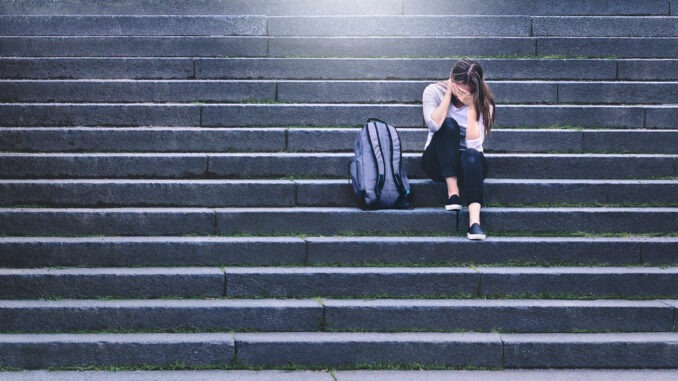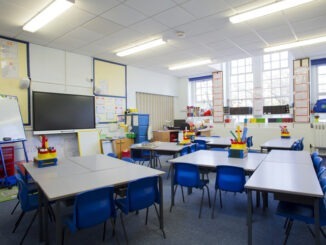As reported by The Guardian, research reveals the impact of school suspensions on students’ academic performance, stressing the importance of early interventions to mitigate long-term consequences
Pupils who had been suspended were found to be lagging a year behind their peers and on average were unable to achieve a standard pass in GCSE maths and English.
The research also found a strong overlap between children being suspended and those diagnosed with special needs and mental health issues, while children who were repeatedly absent were also more likely to be suspended.
Ben Gadsby, the head of policy and research at Impetus, the youth education charity that commissioned the research, said: “While it is not a surprise that suspended pupils get worse outcomes, this new research puts a number on the ‘suspension grades gap’ for the first time.
“While suspensions are sometimes necessary, supporting pupils who are struggling to engage in mainstream education must continue to be a priority for whoever is in government. We should aim for lower exclusion levels not simply for the sake of it but because it would be a sign of a more effective education system for pupils and teachers alike.”
The study by the Education Policy Institute tracked one year group of more than 550,000 state school pupils in England from the start of secondary school until sitting GCSEs. After adjusting for each pupil’s characteristics, including their previous academic record and whether they received free school meals, the negative effects of suspensions diminished but results remained significantly lower than their peers’.
The research noted: “Although the associations between suspensions and GCSE grades persist after controlling for a wide range of student and school characteristics, we cannot be sure that the suspension itself causes the difference in GCSE grades. Other unmeasured characteristics could be contributing to the association.”
The likelihood of a child having special educational needs or disabilities (Send) increased in line with the number of times they were suspended, the researchers found. Pupils suspended 10 times were almost three times as likely to have special educational needs as pupils who were suspended only once. Social, emotional or mental health issues were the most common issues among suspended pupils.
Rates of suspension at state secondary schools were rising in the years before the pandemic, and in 2022 they reached their highest point in a decade, with 296 suspensions for every 10,000 pupils.
The report concluded: “Given that suspended pupils are more likely to experience poor outcomes, schools should proactively identify those at risk of suspension and plan early intervention to reduce the need for suspension.”
Paul Whiteman, general secretary of the National Association of Head Teachers, said schools used suspensions only as a “last resort” to ensure the safety of pupils and staff, and often faced long waiting lists for support or received no help at all.
Whiteman said: “As this report points out, suspensions themselves do not necessarily cause worse grades – the picture is far more complex, with suspension rates and lower GCSE grades being driven by a range of complex and common causes.
“We need to see the government invest far more in the support services that sit around schools, which should be there to support children and families to get early help before problems become entrenched and harder to solve.”





Be the first to comment